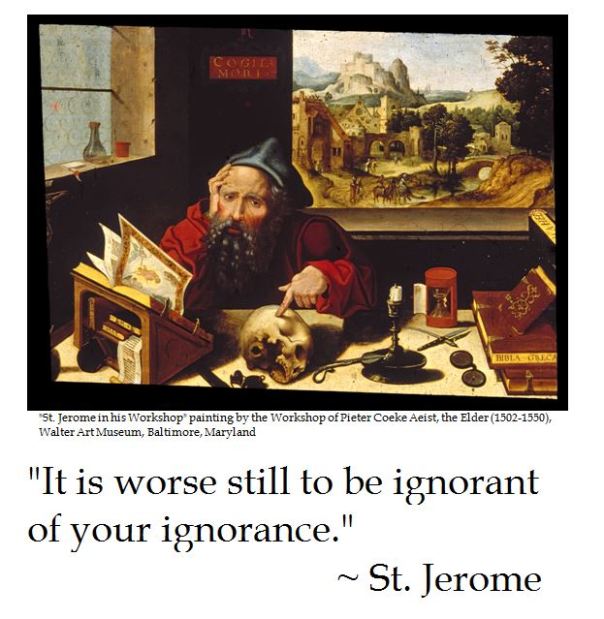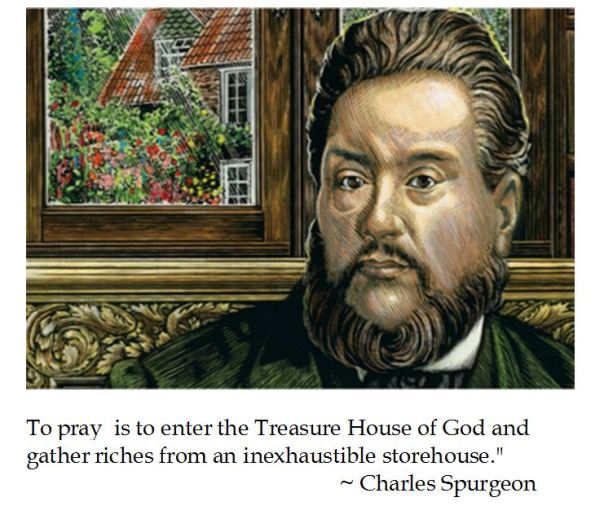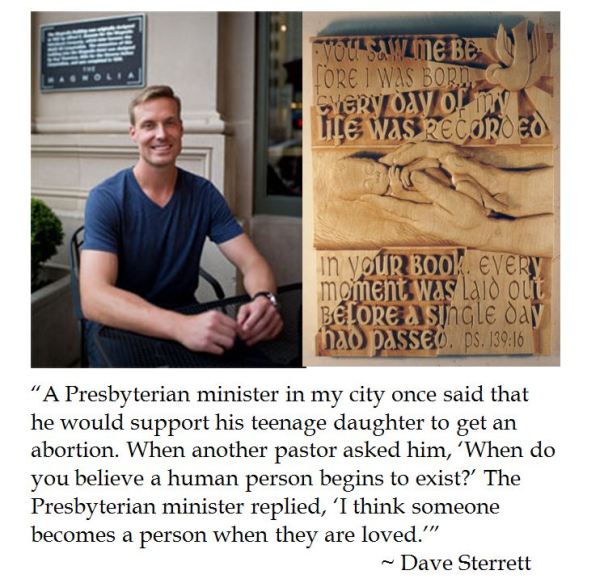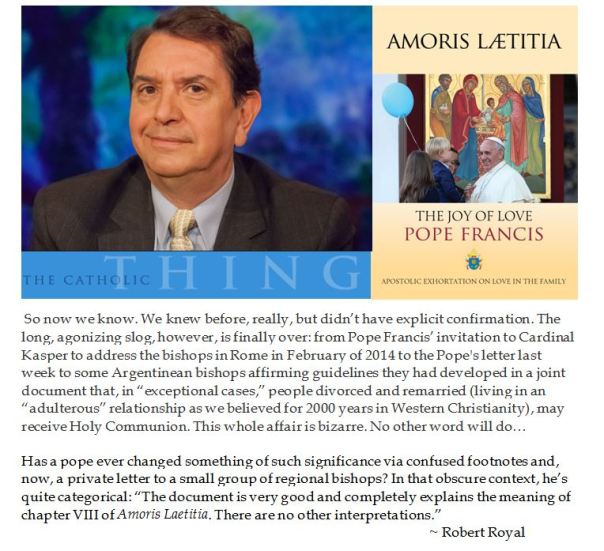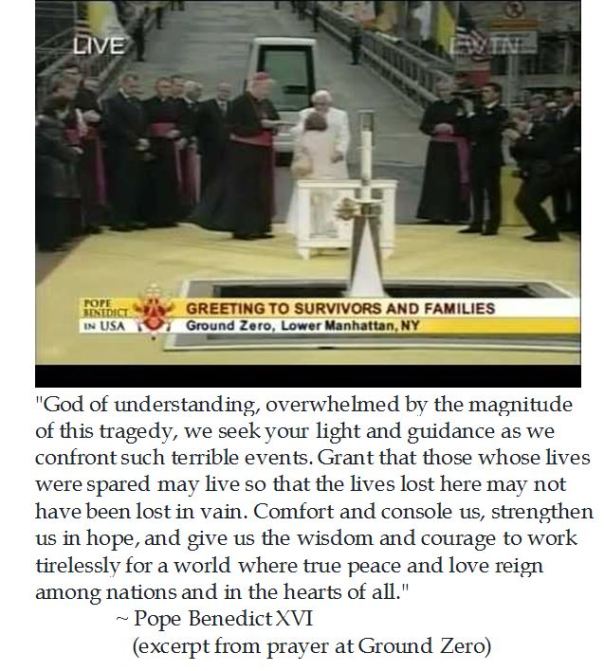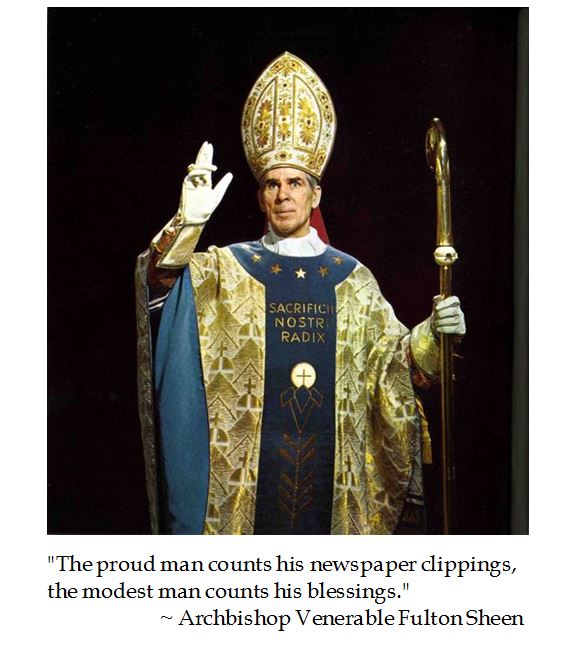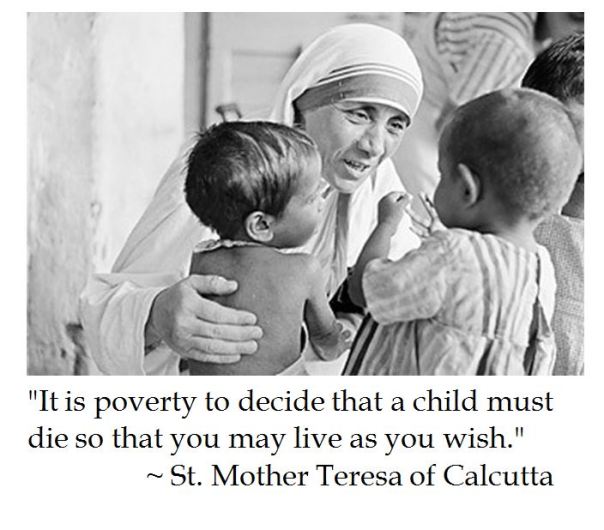Friday, September 30, 2016
Sunday, September 25, 2016
Friday, September 23, 2016
St. Padre Pio on Prayer
To celebrate the Jubilee for Prayer Groups on Padre Pio Pope Francis offered a reflection on St. Pio of Pietrelcina and prayer:
Prayer, then, is not a nice practice for finding a little peace of heart; nor is it a means of devotion for obtaining useful things from God. Were it so, then it would be an act of subtle selfishness: I pray in order to be well, just as if taking an aspirin. But this is just making a deal. No, it’s not like this. Prayer is something else, it is something else. Prayer is instead a spiritual work of mercy, which means bringing everything to the heart of God. “You take it, you who are Father”. It should be like this, speaking to him in a simple way. Prayer is saying: “You, take it, you who are Father. Look at us, You who are Father”. This is the relationship with the Father. Prayer is like this. It is a gift of faith and love, an intercession needed just as bread is. In a word, it means to entrust: entrust the Church, entrust people, entrust situations to the Father — “I entrust this to you” — so that you will take care of it. That is why prayer, as Padre Pio liked to say, is “the greatest weapon we have, a key that opens the heart of God”. A key that opens God’s heart: it is a simple key. The heart of God is not “heavily guarded” with many security measures. You can open it with a common key, with prayer. For his is a heart of love, a father’s heart. And it is the Church’s greatest strength, one which we must never let go of, for the Church bears fruit only if she does as did Our Lady and the Apostles, who “with one accord devoted themselves to prayer” (Acts 1:14), as they awaited the Holy Spirit. Dedicated and united in prayer. Otherwise we risk relying elsewhere for support: on means, on money, on power; then evangelization vanishes and joy is extinguished and the heart grows dull. Do you want to have a dull heart? [the people respond: No!] Do you want to have a joyful heart? [Yes!] Pray! This is the recipe.
Pope Francis was so moved by Padre Pio that he made an unexpected visit to the remains of Padre Pio as they were displayed in St. Peter's Basilica in Vatican City.
Thursday, September 22, 2016
Countering Contemporary Conceits on When Human Life Begins
Dave Starrett shared this shocking contemporary conceit from a Presbyterian minister on when human life begins.
This shocking conclusion that value of human life is contingent on whether it is loved illustrates the challenge Presbyterians have struggled with about abortion. While a 1992 General Assembly document asserts that: "The considered decision of a woman to terminate a pregnancy [by abortion] can be a morally acceptable, though certainly not the only or required, decision." yet the same document affirms that all life is precious to God and we are to preserve and protect it.
It seems hard to fathom that it may be morally acceptable for a mother to abort an unloved child or unwanted child in the womb and square it with the precepts expressed in Psalm 139.
Starrett took his concern for the worth of unborn children to another level when he shared his perspective with Planned Parenthood chief Cecile Richards during a chance airport encounter.
Monday, September 19, 2016
Wednesday, September 14, 2016
Roodmas Reflections Through the Prism of Merciful Love
The Feast of the Exaltation of the Holy Cross (also known as Roodmas) is a solemnity which celebrates three distinct historical events: the finding of the True Cross by St. Helena, the retrieval of the sacred relic by Emperor Heraclius in 629 from the Persians and the ineffable powers of the instrument of Christ's redemptive sacrifice and our salvation.
According to the Brevery, the Emperor Heraclius carried the Cross back to Jerusalem on his shoulders as he was garbed in fancy garments adorned with precious stones. But at the entrance to Mount Calvary, the Emperor could not carry the Holy Cross up. The bishop said to the astonished Heraclius:
"Consider, O Emperor, that with these triumphal ornaments you are far from resembling Jesus carrying His Cross." The Emperor then put on a penitential garb and continued the journey.This offers a lesson of humble service which fits into the lesson of Merciful Love associated with the Holy Cross .
The Church exalted the Holy Cross just as Moses lifted up the Bronze Serpent in Exodus and those who looked upon it lived. Jesus willingly sacrificed Himself so that we all may enjoy eternal life.
In the early 20th Century, Sister Maria Teresa Desandais was blessed with mystical experiences about Jesus' Merciful Love. She wrote about these experiences under the pseudonym "Sulamitis PM". In 1912, Sr. Desandais, who had no training in painting, was inspired to create the picture "Merciful Love" which depicted Christ crucified looking towards heaven with a host in the background with the initials JHS. Rays of light emanating from the Sacred Heart of Jesus illuminate a Bible laying at the foot of the cross turned to the passage "Love one another as I have loved you" alongside a crown. That is an incredible amount of symbolic meaning suffused in one scene, particularly for an amateur painter.
This message of Merciful Love was widespread in France and Spain after the First World War. To bolster devotion to Merciful Love, Sr. Desandais sent two of her paintings to Spain. The painting sent to Juana Lacasa effectively became a place of pilgrimage. The other painting was installed at the Royal Basilica of Our Lady of Atocha in Madrid where Sister Maria Teresa's order was attached.
It is quite conceivable that the message of Merciful Love of Jesus with the exhortation to be servants who love one another may well have influenced Pope Francis for the Year of Divine Mercy.
Part of Sister Maria Teresa's revelations was an offering to Merciful Love:
Holy Father, through the Immaculate Heart of Mary, I offer to you Jesus, your beloved Son, and I offer myself in Him and through Him, and with Him for all your intentions, and on behalf of all creatures.
Considering Questions on Sacramental Marriage
Robert Royal, the editor of The Catholic Thing, published a scathing critique of Pope Francis' "Bizarre Papal Move" regarding sacramental marriage, particularly the circumstance around the question of receipt of communion by divorced and remarried Catholics.
It is troubling to see how there seems to have been a Kabuki show of holding two Extraordinary Synods on the Family, in which a clear majority of Bishops reaffirmed the traditional teaching, yet that formal process seems to have mooted by unclear footnotes in the Apostolic Exhortation Amoris Laetitia and papal private letters.
In the late 20th Century, the Catholic Church had been blessed by two pontiffs who were extraordinary theologians. It is not necessary for a successor to the Chair of Peter to be like Pope St. John Paul II and Pope Benedict XVI.
Pope Francis has a gift of outreach and seems to operate on a more pastoral bent. Pope Francis' encyclical Laudato Si (2015) read like a hot mess. In Laudato Si, Pope Francis tried to extol a humane ecology but lapsed into six paragraphs championing Global Climate change politics as well as exhortations to forgo air conditioning and i-pads. Thus it is easy to interpret Pope Francis' quip about those who do not recycle needing to go to a confessional as a pastoral hyperbole colored by his concern for ecology.
However, it is troubling that Pope Francis' apparent will, infused with Mercy, seems to override two millennia of Church teachings on on the Sacramentality of Marriage as well as established mechanisms for discerning and promulgating God's will for the Church.
As a practical Catholic, I must on occasion explain that everything which the Pope says is not infallible. While I ought to prayerfully consider things which a Pope says, I am not bound unless it is an ex cathedra statement. Dogma must be consistent with the Magisterium and aligned with the bishops.
From the inaccurate 2014 relatio, the footnote foundation and private letter reiteration of Pope Francis' view on Kasperian gradualism for what were traditionally held as adulterous couples, this new teaching on marriage seems on shaky ecclesiastical grounds. Moreover, it lends credence to progressive Catholics, like Democrat Vice Presidential nominee Senator Tim Kaine (D-VA), that the Catholic Church will follow his lead to eventually endorse same-sex marriage.
H/T: The Catholic Thing

